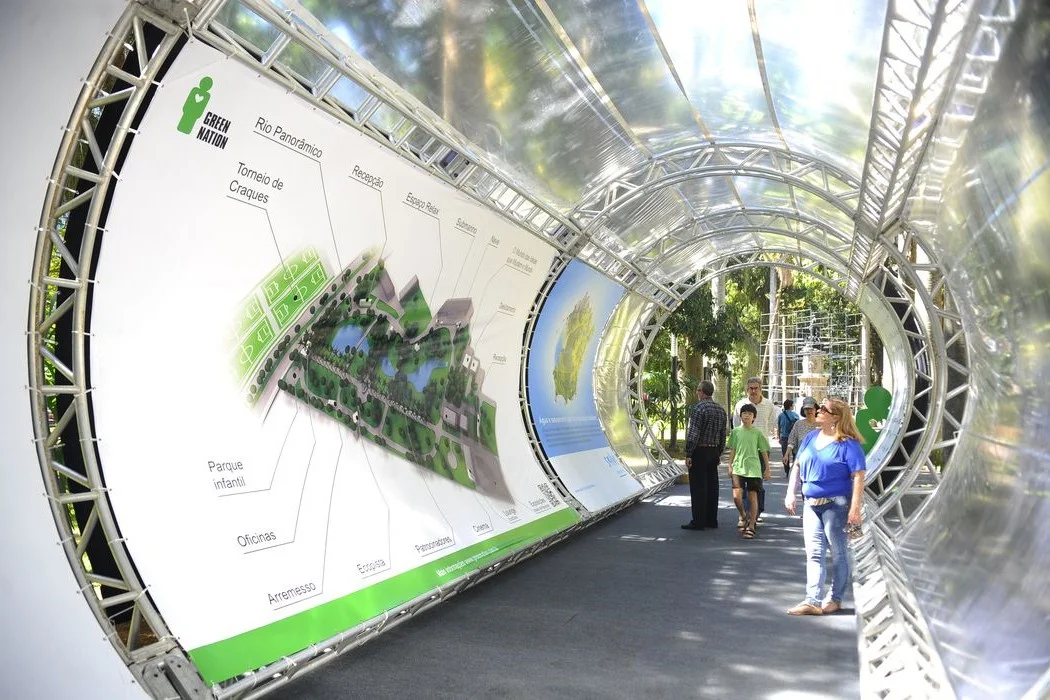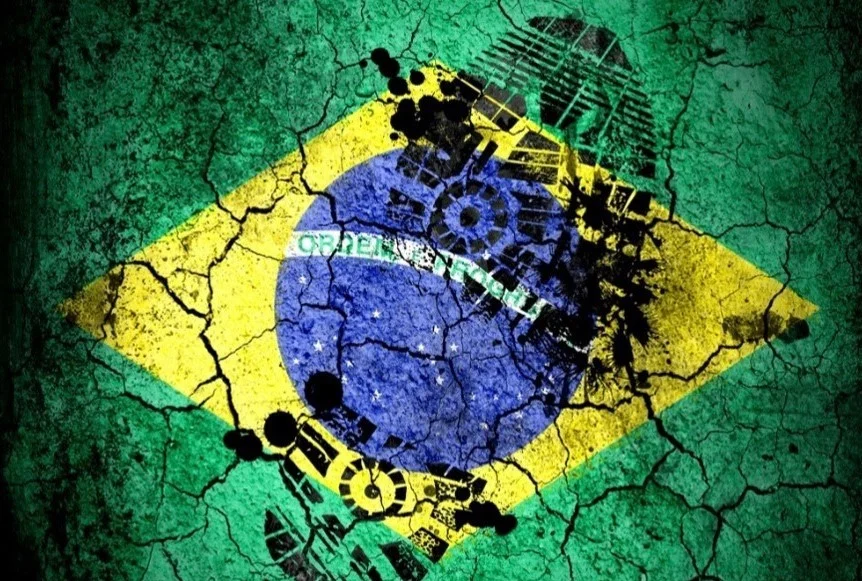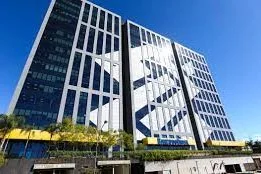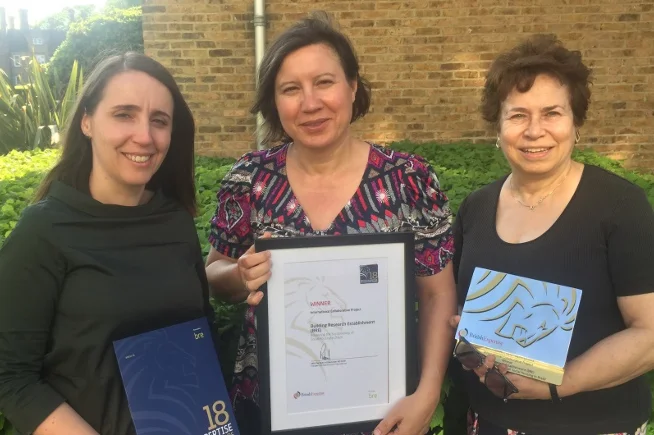Education for sustainable development in Brazil

With a world population of 7 billion people and limited natural resources, we, as individuals and societies need to learn to live together sustainably. We need to take action responsibly based on the understanding that what we do today can have implications on the lives of people and the planet in the future. Education for Sustainable Development (ESD) empowers people to change the way they think and work towards a sustainable future. ESD means including key sustainable development issues into teaching and learning.
It requires far-reaching changes in the way education is often practiced today. This educational effort will encourage changes in behaviour that will create a more sustainable future in terms of environmental integrity, economic viability, and just society for present and future generations. It represents a new vision of education. A concept that helps people of all ages to understand better the world in which they live. ESD addresses the complexity and interconnection of problems such as poverty, wasteful consumption, environmental degradation, urban decay, population growth, health, conflict, and the violation of human rights that threaten our future.
It also requires participatory teaching and learning methods that motivate and empower learners to change their behaviour and take action for sustainable development. Education for Sustainable Development consequently promotes competencies like critical thinking, imagining future scenarios, and collaboratively making decisions.
UNESCO aims to improve access to quality education on sustainable development at all levels and in all social contexts to improve access to quality education on sustainable development at all levels and in all social settings, to transform society by reorienting education and help people develop knowledge, skills, values, and behaviours needed for sustainable development. It is about including sustainable development issues, such as climate change, disaster risk reduction, biodiversity into teaching, and learning. Individuals are encouraged to be responsible actors who resolve challenges, respect cultural diversity, and contribute to creating a more sustainable world.
What does UNESCO do on Education for Sustainable Development in Brazil?
UNESCO is the lead UN agency for Education for Sustainable Development (ESD) and is responsible for the overall management, coordination and implementation of the Global Action Programme (GAP) on ESD.
The GAP focuses on generating and scaling up action, around five priority action areas. These are to advance policy, transform learning and training environments, build the capacities of educators and trainers …
UNESCO supports countries to develop and expand educational activities that focus on sustainability issues such as climate change, biodiversity, disaster risk reduction, water, cultural diversity, sustainable urbanization, and sustainable lifestyles through ESD. It advises policy-makers on how to integrate ESD into education policies, curricula, and teacher training — empowering learners to live responsibly and to address complex global challenges.
 Albania
Albania Algeria
Algeria Andorra
Andorra Argentina
Argentina Armenia
Armenia Australia
Australia Austria
Austria Azerbaijan
Azerbaijan Bahrain
Bahrain Belgium
Belgium Bolivia
Bolivia Brazil
Brazil Bulgaria
Bulgaria Cambodia
Cambodia Cameroon
Cameroon Canada
Canada Chad
Chad Chile
Chile China
China Colombia
Colombia Costa Rica
Costa Rica Croatia
Croatia Cyprus
Cyprus Czechia
Czechia Denmark
Denmark Ecuador
Ecuador Egypt
Egypt Finland
Finland France
France Georgia
Georgia Germany
Germany Ghana
Ghana Greece
Greece Hungary
Hungary Iceland
Iceland India
India Indonesia
Indonesia Ireland
Ireland Italy
Italy Jamaica
Jamaica Japan
Japan Jordan
Jordan Kazakhstan
Kazakhstan Kenya
Kenya Kuwait
Kuwait Latvia
Latvia Lebanon
Lebanon Libya
Libya Lithuania
Lithuania Luxembourg
Luxembourg Malaysia
Malaysia Maldives
Maldives Mali
Mali Malta
Malta Mexico
Mexico Moldova
Moldova Monaco
Monaco Morocco
Morocco Netherlands
Netherlands New Zealand
New Zealand Nigeria
Nigeria North Macedonia
North Macedonia Norway
Norway Oman
Oman




